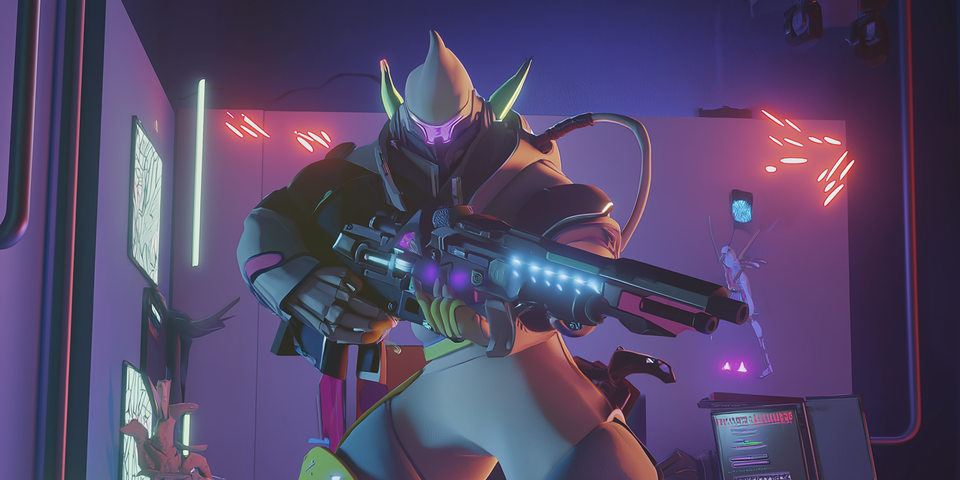(Even If You Have No Idea What They’re Saying)
Ever stared blankly at your kid’s screen while they excitedly explain a game, using words that may as well be ancient runes? You’re not alone — and you’re not failing as a grown-up.
The good news? You don’t need to understand everything to connect. You just need the right questions.
This guide gives you simple, connection-building questions to ask when your kid shows you a game — even if you don’t know the name, the plot, or which buttons do what.
🎮 Why This Moment Matters
When your kid shows you a game, it’s not just about gameplay — it’s an invitation. They’re saying, “This matters to me. Want to see why?”
The problem? Most adults panic. They say “cool!” with a forced smile… then walk away feeling clueless, and the moment fizzles.
Let’s change that. Asking the right question can turn a one-sided info dump into a real, two-way conversation.
🔍 The “Curious Observer” Approach
Think of yourself as a documentary narrator, not a tech support rep. You’re not there to fix, judge, or decode every single thing — just to explore the world through their eyes.
💬 10 Easy Questions to Ask (No Gamer Knowledge Required)
Whether they’re building in Minecraft, battling in Fortnite, or exploring a fantasy world you can’t name — these questions work anywhere:
- “What are you trying to do right now?” (Helps them explain the goal — not just the chaos.)
- “Is this a hard part?” (Validates their effort and frustration — great for bonding.)
- “Did you make that yourself?” (Perfect for creative games like Minecraft, Roblox, or Mario Maker.)
- “What do you like most about this game?” (Opens the door to emotional connection — not just mechanics.)
- “Who do you usually play this with?” (Sneaky way to learn about their online friends and social circle.)
- “Have you ever lost and had to start over?” (Hello, life lessons — resilience, anyone?)
- “Can you show me something cool you built/unlocked?” (Lets them lead — and you get to actually see their skills.)
- “What’s your strategy here?” (Teaches you something and gives them a moment to shine.)
- “Is this one of your favorite games?” (Gives them a chance to talk about why it matters to them.)
- “If I made you stop right now, would you lose anything?” (This one’s a game-changer for setting screen time boundaries without blowups.)
🧠 Grown-Up Tip: You Don’t Have to “Get It” to Get Them
You might not understand the mechanics. That’s okay. The goal isn’t to become a gamer — it’s to show interest in what they care about.
When kids see that, it builds trust. And when trust is strong, the conversations get way easier (not just about games).
🚫 What Not to Say
Avoid these well-meaning conversation killers:
- “This looks violent/confusing/pointless.”
- “I don’t get how you can stare at this for hours.”
- “You’re wasting time — go do something productive.”
- “Back in my day, we played outside.”
Even if you feel that way… save it for later. There’s a better time and place to talk boundaries or concerns. This moment is about connection — not correction.
🔄 Repeat as Needed
Don’t be surprised if your kid gives short or distracted answers the first time. That’s normal. Keep trying. Small, curious questions asked with genuine interest beat “Did you do your homework yet?” every time.
💬 Ask:
“What’s one part of this game that took you forever to figure out?”
Remember: It’s not about understanding the game. It’s about understanding them.
